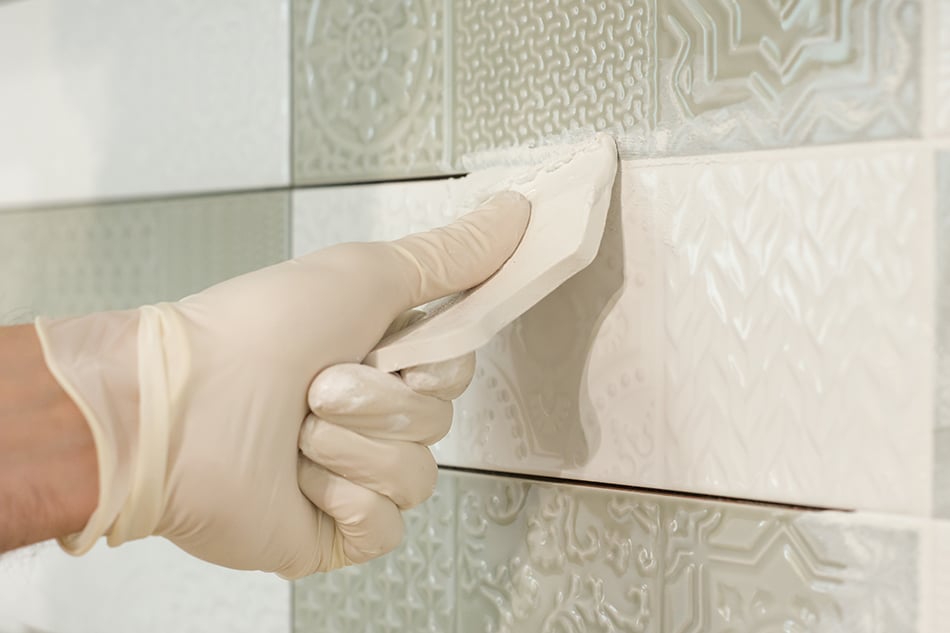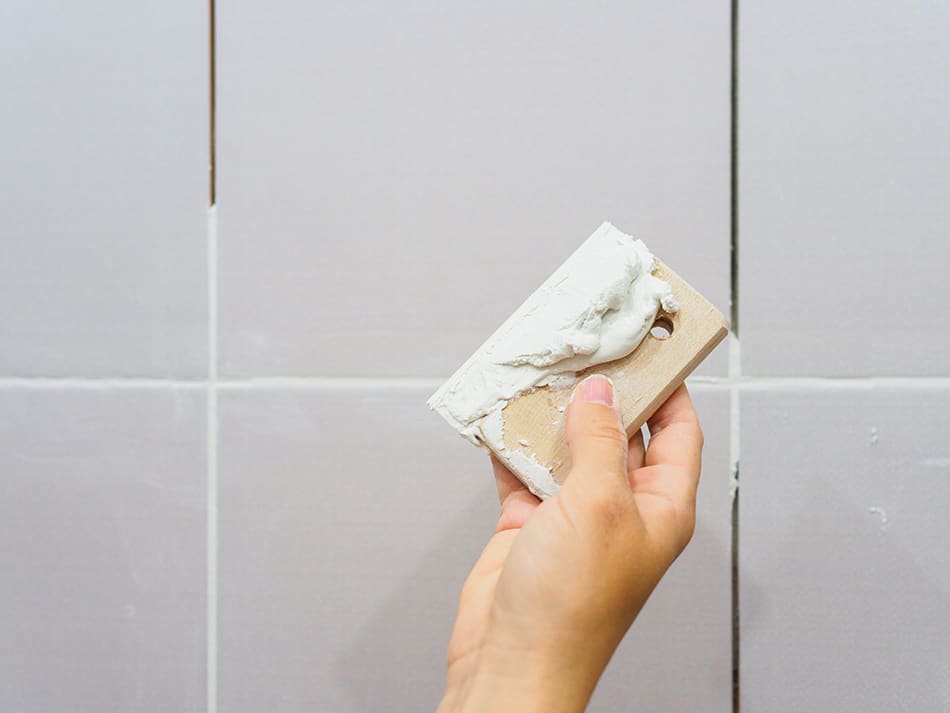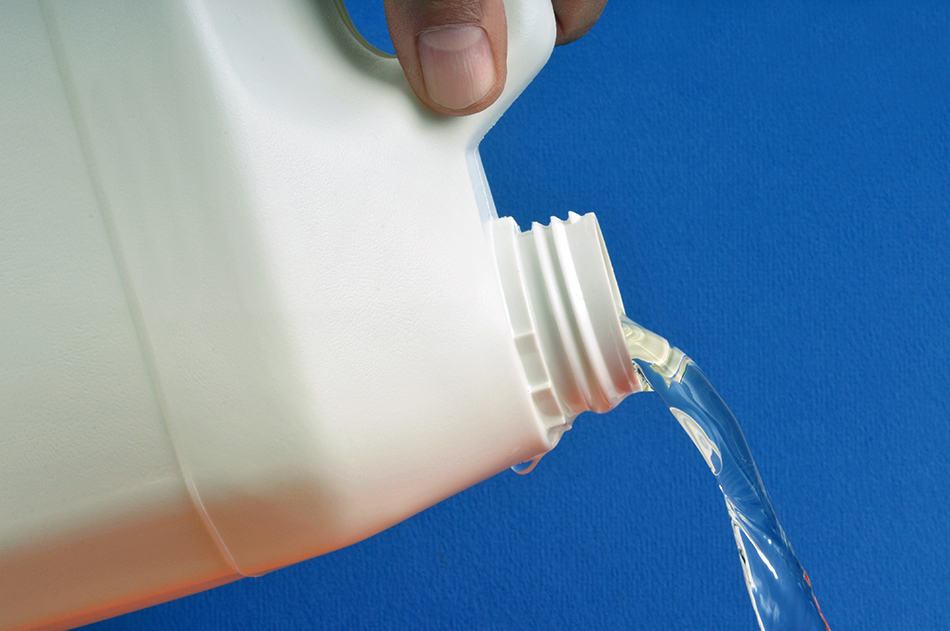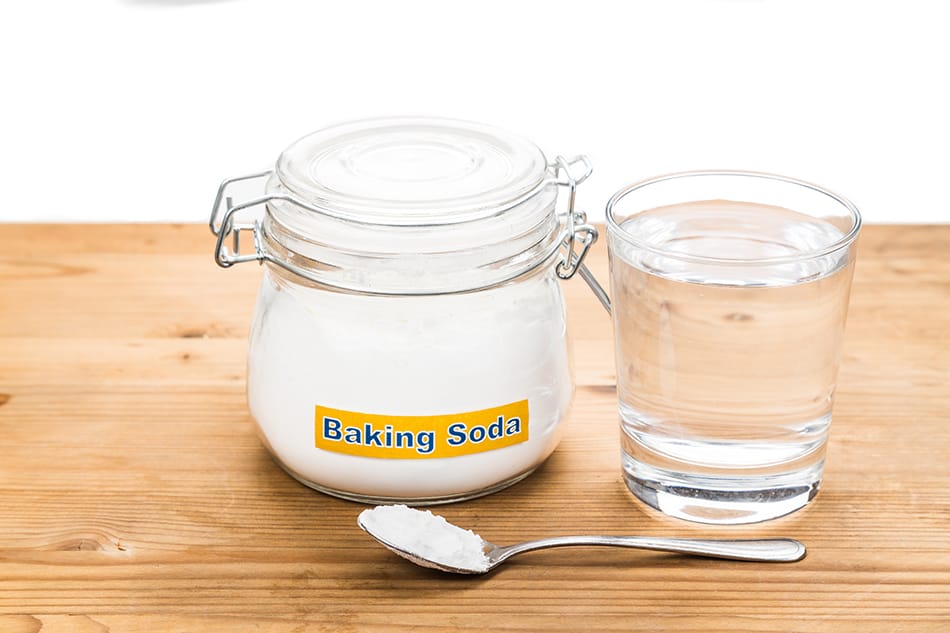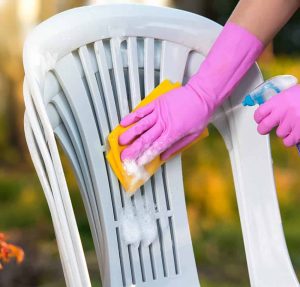Epoxy grout is often used in conditions where sealants and other types of grouts can’t withstand. The reason is that it is able to withstand most chemicals and stains. Plus, it is also water-resistant. However, you may encounter several epoxy grout problems. For this reason, you may wonder if using this product is worth it. To give you a better view, here are the important details about epoxy grout.
What is Epoxy Grout?
Epoxy grout is made with resin and a filler or hardener. These ingredients make this product waterproof and stain-resistant; thus, it is capable of withstanding harsh conditions. To be specific, epoxy grout can be used for outdoor and indoor applications because of its strength and durability.
Epoxy grout can lock your tiles tight; thus, it can protect your subfloor from damages caused by moisture. Plus, it can also protect your tiles from chipping or cracking in the wall because it can bond your tiles.
Compared to traditional grout, epoxy grout will not shrink or crack. As such, it is suitable for wet areas, like showers. Aside from that, this product is also resistant to harsh chemicals. Lastly, you don’t have to seal this product because it is non-porous in nature.
Epoxy Grout Problems
Epoxy grout is an excellent product; however, you may encounter some problems when using this product. The most common problems are the following:
Hard to Work With
One of the most common epoxy grout problems is that it is hard to work with. To be specific, this product requires you to work fast because it dries quickly. Aside from that, chemicals in the epoxy grout may cause discoloration to the tiles around it. As such, you have to work fast and wipe the epoxy grout quickly to avoid this problem.
Another common issue with epoxy grout is the appearance of pinholes. This problem occurs because of its consistency, which traps bubbles. When the bubbles start to rise, they pass through the surface, resulting in pinholes or little holes.
Discoloration
Aside from those epoxy grout problems, a lot of homeowners also experienced discoloration, especially when they use white epoxy grout. Discoloration occurs due to various reasons, including the following:
- Chemicals in various toiletries, such as soaps, hair dyes, shampoos, and other personal care items, can cause discoloration.
- Some waxes and sealers contain polymers that can cause yellow stains over time.
- Tiles, like white marble, have iron contents that bleed into the epoxy grout, causing a yellow stain after it oxidizes.
- The smoke of cigarettes can settle on the epoxy grout, causing discoloration over time.
- If you use a dirty mop and water for cleaning, it may also lead to yellow stains.
Keep in mind that the discoloration of epoxy grout can be removed, especially if the stain wasn’t left there for a long time. To get rid of the stain, you can use the following:
- Vinegar
- Bleach
- Baking soda
- Epoxy grout cleaner
- Steam cleaner (for notorious stains)
Cost
Compared to other types of grout, epoxy grout is expensive. To be specific, this product may cost about three to five times higher than standard cement grout. Aside from price, applying this product takes time and effort.
Slight Plastic Appearance
Another downside of using epoxy grout is that it has a slight plastic appearance compared to standard cement grout. Keep in mind that epoxy residue will result in a glossy sheen when left on the tiles. As such, it must be cleaned immediately and thoroughly after application.
Benefits of Epoxy Grout
As presented, you may experience several epoxy grout problems. However, this product also has various benefits, which include the following:
Durable
As mentioned, epoxy grout is made with two ingredients, which are resin and a hardener. These ingredients make the epoxy grout strong and durable. To be specific, it is capable of withstanding moisture, stains, and chemicals. Additionally, epoxy grout is also designed to perform well in harsh conditions, making it an excellent product for outdoor and indoor applications. In fact, once epoxy grout is applied, you don’t have to reapply it for years.
Moisture and Stain Resistant
As presented, epoxy grout is resistant to moisture and stain. To be specific, stain-causing liquids, like wine, coffee, and other acidic liquids, will not be able to stain or discolor this type of grout. Because of this feature, epoxy grout is suitable for bathrooms and kitchens.
Others
- Epoxy grout is resistant to chemicals, mold, and mildew.
- The maintenance cost of epoxy grout is low or minimal.
Is Epoxy Grout Worth It?
Even though there are several epoxy grout problems, this type of grout is still highly recommended. As presented, the advantages of epoxy grout outweigh its disadvantages. For instance, This type of epoxy is expensive; however, it is also strong and durable. As such, you don’t have to reapply it after frequently. As a result, you’ll save more money on maintenance costs in the long run.
Aside from that, epoxy grout is also resistant to chemicals, moisture, and stain. For this reason, this type of grout is an excellent solution for wet areas and splashbacks. Additionally, it is also great for high-traffic areas.
Epoxy Grout Alternatives
Acrylic Grout
Acrylic grout is made with a single component, either a urethane or acrylic resin. Like epoxy grout, this product is resistant to moisture, chemicals, mildew, and mold. It is also quite durable and stain-resistant. Also, you don’t need to seal it.
The difference between epoxy grout and acrylic grout is their price. To be specific, acrylic grout is cheaper than epoxy grout. Additionally, it is also easier to work with. Even so, epoxy grout is still better because it is more durable. Aside from that, it is also the best option for harsh areas or environments. However, if you are on a tight budget, acrylic grout is a good alternative you can use.
Frequently Asked Questions
Where can You Use Epoxy Grout?
As mentioned, epoxy grout can be used in harsh environments, including the following:
- Kitchen Floor– Because epoxy grout is stain and moisture-resistant, it is suitable for kitchen floors. Remember, your kitchen floor is always exposed to dirt and water; however, it will not be damaged or stained if you use epoxy grout.
- Kitchen Backsplash– Epoxy grout is also chemical-resistant. As such, chemicals from detergents and soap will not be able to damage the grout.
- Others – Aside from those areas, you can also use epoxy grout on shower walls, porcelain tiles, pebble floors, and bathroom tiles.
Does Epoxy Grout Need to be Sealed?
The answer to this question is no. Keep in mind that epoxy grout is non-porous. As such, it does not require sealing. Remember, this type of grout is moisture and mold-resistant; thus, you can use it in water-prone areas without the fear of damage. Typically, grout sealing is done to apply a coating to the grout that will make it moisture and mold-resistant.
How to Clean Epoxy Grout?
As presented, one of the most common epoxy grout problems is discoloration. The good news is that you can get rid of the yellow stain easily. The two most common products you can use to clean epoxy grout are vinegar, bleach, and baking soda.
Vinegar
Vinegar is acidic in nature, making it an ideal product for cleaning epoxy grout. Additionally, you can also use it to molds and black spots.
The first step in using vinegar to clean epoxy grout is to mix one cup of vinegar with one cup of warm water. Afterward, soak a brush or scrub in the solution. From there, you can rub the grout lines with the brush or scrub, starting from the ceiling going to the floor. The next step is to leave the solution for about 15 minutes, and then you can rinse it with clean water.
For areas with a lot of molds, a vinegar solution may not be effective. For this reason, you can use a stronger product, which is bleach.
Bleach
Bleach is an excellent product you can use to remove stains and molds on your grout lines.
To use bleach, you first need to make a solution by mixing 1/4 cup of bleach, 1/4 cup of soap or dishwashing liquid, and three cups of water. Afterward, you have to transfer the solution to a spray bottle.
To start cleaning the epoxy grout, you can spray the solution over your countertops or shower walls. The next step is to scrub the solution in a circular motion. In doing this step, you have to make sure that you scrub the wall or countertop gently. Still, you have to put some effort so that you can get rid of the dirt, stain, or mold.
Baking Soda
Another product you can use to remove a stain is baking soda. You can use it by mixing baking soda with a few drops of water, creating a paste. Afterward, you can rub the paste on the grout and rinse after a couple of minutes. You can also scrub the grout lines with an old toothbrush if necessary.
